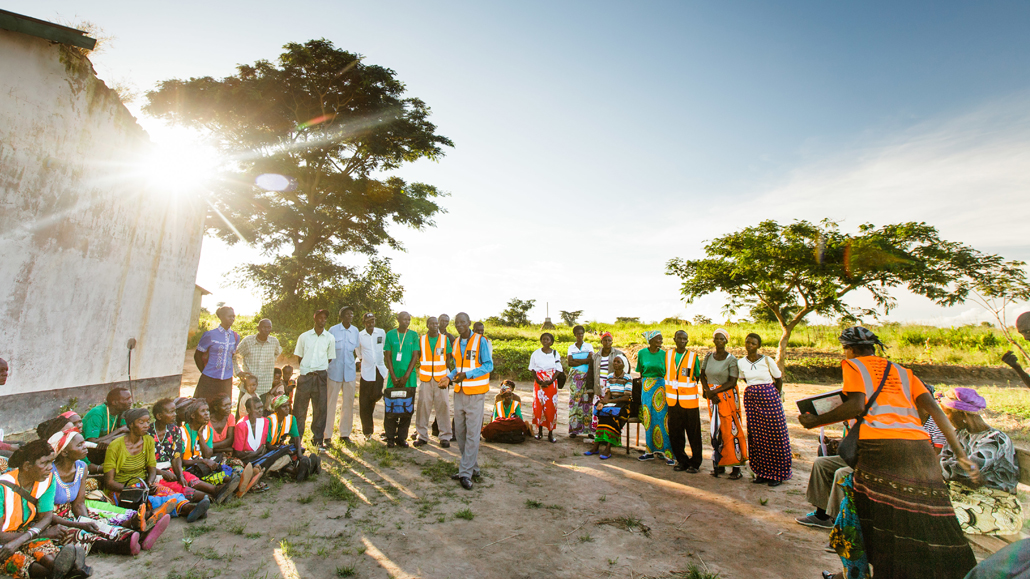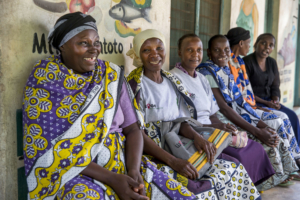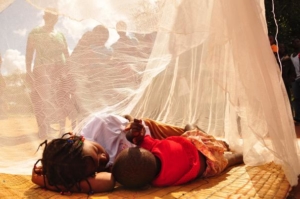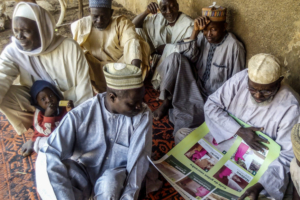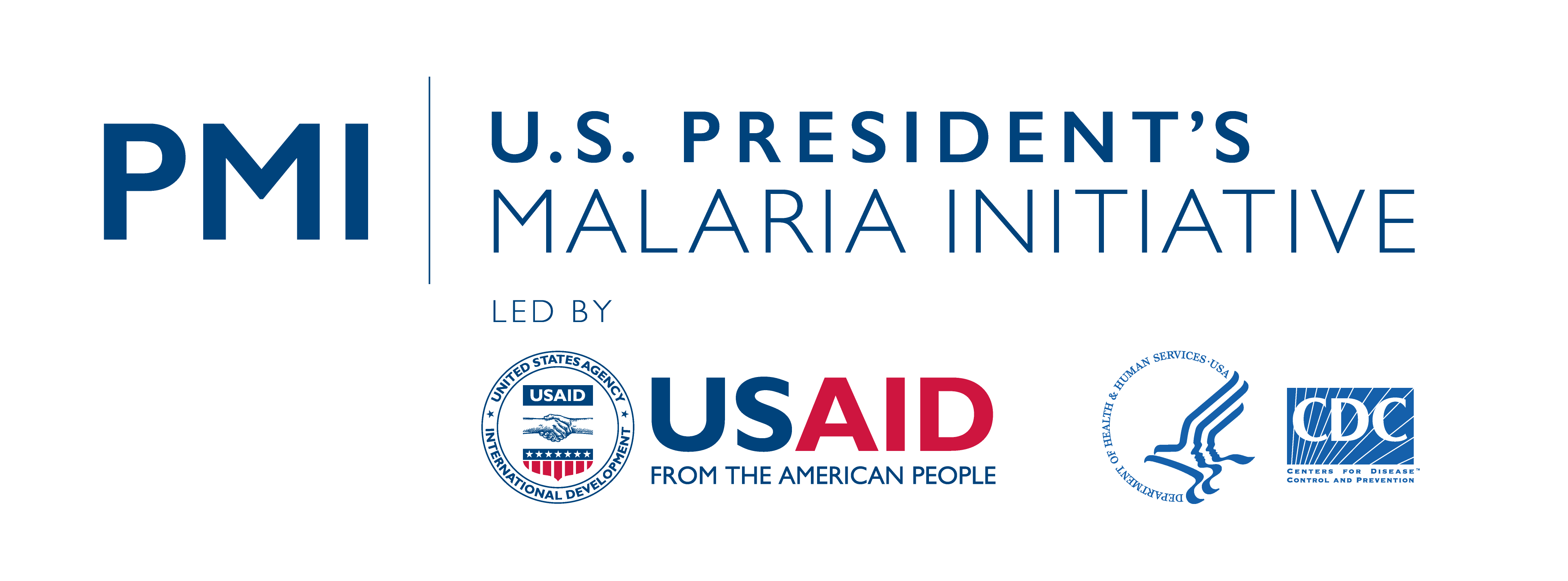Malaria SBC Toolkit for Community and Faith Leaders
The Purpose of this Toolkit
Faith and community leaders have deep roots in local communities. Local leaders also play an important role in health issues around the world, including the fight against malaria. Malaria is a deadly disease, but it can be prevented and cured. Local leaders are crucial in helping communities take action in the fight against malaria.
This toolkit will guide faith and community organizations to use their own strengths, community connections, and resources to educate on how to prevent malaria and support proper treatment in local communities. Using the processes of social and behavior change (SBC), the toolkit will help leaders influence communities’ knowledge, attitudes, beliefs, and social norms to help people adopt key behaviors to prevent and treat malaria.
The toolkit contains:
- Resources to learn more about malaria in your country or region.
- Tools for communicating effectively and creating lasting behavior change.
- A list of key actions to promote to fight malaria in your community.
- Steps for integrating malaria into your current work.
- Examples of community malaria activities.
- Strategies for being malaria advocates.
Leaders can use these tools to help local people and families change their everyday actions to prevent malaria and promptly and safely treat malaria if they become sick. Together we can help stop the spread of this disease, treat those who fall ill, and save lives.
Why Malaria?
While the world has made tremendous progress in the fight against malaria, the battle is far from over. The disease still claims more than 400,000 lives every year, with 228 million cases of malaria in 2018 worldwide, despite having proven, effective tools for prevention and treatment (World Malaria Report 2019 ). Pregnant women and children under five years old are especially vulnerable, but malaria can be devastating to anybody who gets it. Malaria also affects communities’ social and economic well-being and development. Evidence has linked high malaria rates with poverty, poor educational outcomes, and missed work and wages (Advocacy for Resource Mobilization Guide ).
Despite progress, the disease’s prevalence creates an urgent need for change-makers at all levels to come together to fight this disease. Local leaders and organizations are essential in the work to engage communities to prevent and treat malaria.
Who Should Use This Toolkit?
This toolkit was created for national and provincial/regional level leaders of community- and faith-based organizations in countries with a high malaria burden. Leaders can adapt these tools to reflect their organizational values, current work, and strengths. The content can also be shared with local-level leaders and teams to carry out activities in local communities.
When Should You Use This Toolkit?
Leaders of community- and faith-based organizations can use this toolkit at any time as a resource and guide for incorporating malaria activities into their work. The toolkit can be used in a variety of ways depending on your organization’s strengths and expertise. Ways to use the toolkit include planning events, incorporating malaria messages into routine activities, and building partnerships with other leaders. Faith and community leaders can also use the toolkit and resources from other partners, donors, and organizations. Many additional resources are referenced in this guide.
How to Use This Toolkit
This toolkit includes four different content sections. Leaders can access the content of the toolkit in any order. Please feel free to explore the content and use the most helpful resources to you and your organization.
- Context: Explains the importance of both community and faith-based organizations and understanding the malaria context of your country and community and provides resources for learning more about malaria in your country; reviews what social and behavior change is, why it is important for stopping malaria, and what the key elements of a successful social and behavior change strategy are.
- Malaria Actions to Promote: Describes key behaviors to promote in your community to stop the spread of malaria illness and death.
- Using Malaria SBC in Your Work: Explains the seven steps for planning a strategy to integrate malaria social and behavior change into your existing work.
- Advocacy: Demonstrates how to use advocacy as a tool for overcoming barriers and demanding the resources and tools needed to enact behavior change.
In addition, the menu above also includes the following:
- Resources: A collection of resources referenced throughout the toolkit, as well as additional tools and links
- Acronyms and Glossary: Defines key terms and concepts
- FAQ: Frequently asked questions about malaria
Users of this toolkit can find each other to compare experiences and get ideas by joining the Springboard for Health’s special online Group for Community and Faith Leaders .

